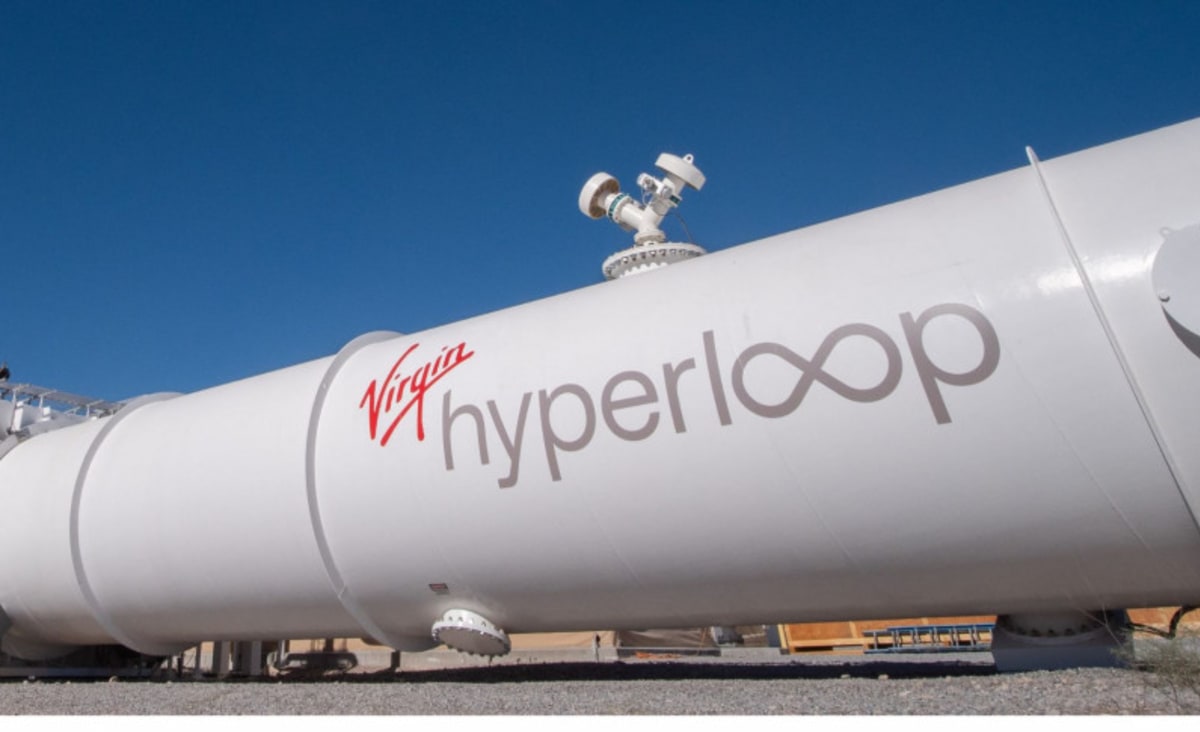This post may refer to COVID-19
To access official information about the coronavirus, access CDC - Centers for Disease Control and Prevention.

interestingengineering.com
Virgin Hyperloop shifts its focus from passengers to cargo
Even after successful human trials, Virgin Hyperloop is finding it difficult to find takers for its rapid transit systems and shifts its focus to cargo.
Business
Virgin Hyperloop recently fired half of its workforce as the company is shifting its focus from transporting passengers to cargo, Financial Times reported. Services of a total of 111 members of its staff were terminated in what was an unanticipated move according to the employees.
The Los Angeles-based company was originally founded in 2014 after Elon Musk shared a white paper about the potential of transporting people across long distances in vacuum tubes. The company participated in Musk-funded hyperloop competitions and found a famous investor in Richard Branson-led Virgin Group in 2017. While the company has managed to advance the concept prototype and even completed a trial with human passengers in late 2020, the idea hasn't really found many takers.
Blame it on the pandemic
A company spokesperson told FT that the COVID-19 pandemic had changed many things and the company was shifting focus to address the needs of the global supply chain. With a leaner staff setup, the company was hopeful of becoming more agile and cost-efficient as it focused on the cargo segment.
DP World, a state-owned logistics group that holds a 76 percent stake in Virgin Hyperloop, told FT that 15 of its potential customers were interested in moving cargo through its infrastructure rather than humans since it involved less risk and required less regulatory approvals.
According to a Fortune report though, the company has found only one potential client in its lifetime, Saudi Arabia which is now keen on building a hyperloop cargo link between its port city of Jeddah and capital city of Riyadh. DP World spokesperson also told FT that profits from the project could be reinvested in building the human-compatible Virgin Hyperloop in the future.
Are the costs prohibitive?
According to documents that were leaked in 2016, the cost of building Hyperloop systems was many times over what Musk had originally anticipated in his whitepaper. Depending on the location of the construction, there are many variables that need to be taken into account.
Estimated costs for a mile of Hyperloop have varied between $52 million dollars in the UAE to $121 million in Hyperloop's home state of California. These are way beyond Musk's projections of $11 million a mile. Not to forget the ongoing maintenance costs of ensuring vacuum in the tubes without which the trains cannot achieve their planned speeds.
This is probably one of the main reasons why Musk, himself has stayed away from investing his own time in the concept. His Boring Company is instead using cars to shuttle people in a tunneled network that has begun to grow in Vegas.
With its recent pivot, Virgin Hyperloop joined Netherlands-based Hardt Hyperloop that has been focusing on using its hyperloop infrastructure for cargo transport for over two years.
























































